The 5G opportunity: How 5G will solve the congestion problems of today's 4G networks
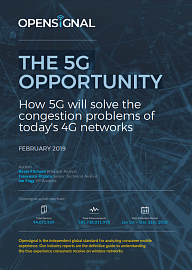
The slowest time of day tends to be in the evening, but varies between countries. While most countries experience the slowest speeds in the evening, between 9 p.m. and 11 p.m., there are notable exceptions. For smartphone users in Singapore and Norway speeds slowed much earlier at 6 p.m., and in the U.K. and the Netherlands the peak periods were even earlier, 5 p.m. and 4 p.m. respectively, overlapping the working day. Cities see the greatest speed swings. Users in Paris experienced the greatest range of 4G download speeds, fluctuating between 21.5 Mbps and 51.4 Mbps in a 24-hour period, followed by Sydney and Santiago. Worryingly, New York’s fastest hour for 4G speed of 40.8 Mbps was in a virtual dead heat with the 40.6 Mbps Seoul’s inhabitants experience at their slowest hour of the day. But Seoul’s slowest hour of day is still faster than the fastest hour of day in Taipei (38.2 Mbps), London (38.3 Mbps) and 21 other cities analyzed.
Tremendous speed volatility is untenable for future mobile applications. To launch all the most demanding new applications, such as augmented reality or autonomous driving, operators and app developers must be able to break free from today’s limitations where they are forced to create services and apps for the worst-case congestion conditions. The world needs new 5G networks to offer increased capacity, and more consistent speeds to sustain new innovations.
Anlytics on the topic
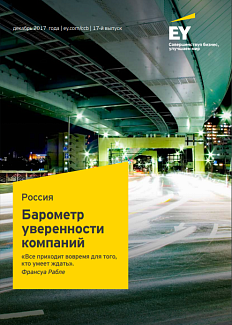
By the end of 2017, the confidence of Russian respondents in the global economy growth had increased. At the same time, expectations of the domestic economy have become much more conservative. This survey presents the positions of Russian business regarding some areas.
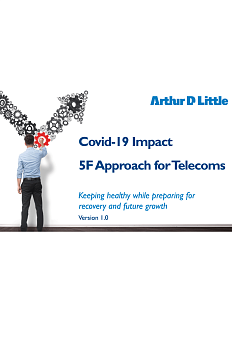
Arthur D. Little experts prepared a report on the impact of the coronavirus pandemic on telecommunications companies, the risks and opportunities of the current environment, as well as the main ways for telecom companies to get out of the crisis in order to achieve success in the new reality.
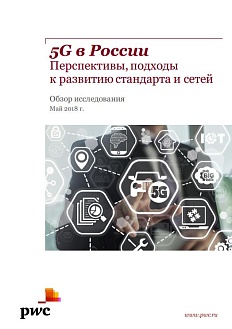
This report by PwC covers multiple aspects of developing 5G in Russia, such as the impact of new generation telecommunications on innovative digital services, the impact of the characteristics of the new standard and the services on development strategies used by mobile network operators, and the effect of implementing 5G on the economy as a whole and on capital investments in the industry.
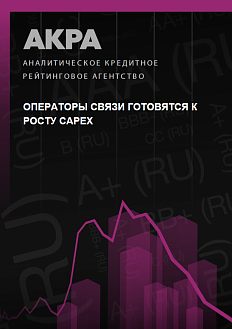
The Analytical Credit Rating Agency (ACRA) presents a forecast for the dynamics of main financial indicators of the Russian telecom market up to 2022.

